Everett Digital Access and Equity
Working Group

PLANNING MEETING ONE
3/16/21
Agenda

Welcome and Introductions
Digital Access and Equity Planning Process
Existing Conditions in Everett - Service, Speed, and Access
Community Needs Assessment
About MAPC and Project Context
Funding and Programs to Address Digital Divide
Meeting Goals
-
You all leave the meeting with a shared baseline understanding of the existing conditions in Everett as related to digital access
- MAPC Team receives guidance for Community Digital Needs Assessment on:
- Priority topics to address through survey
- Avenues to distribute survey
- Ways to directly connect with target populations

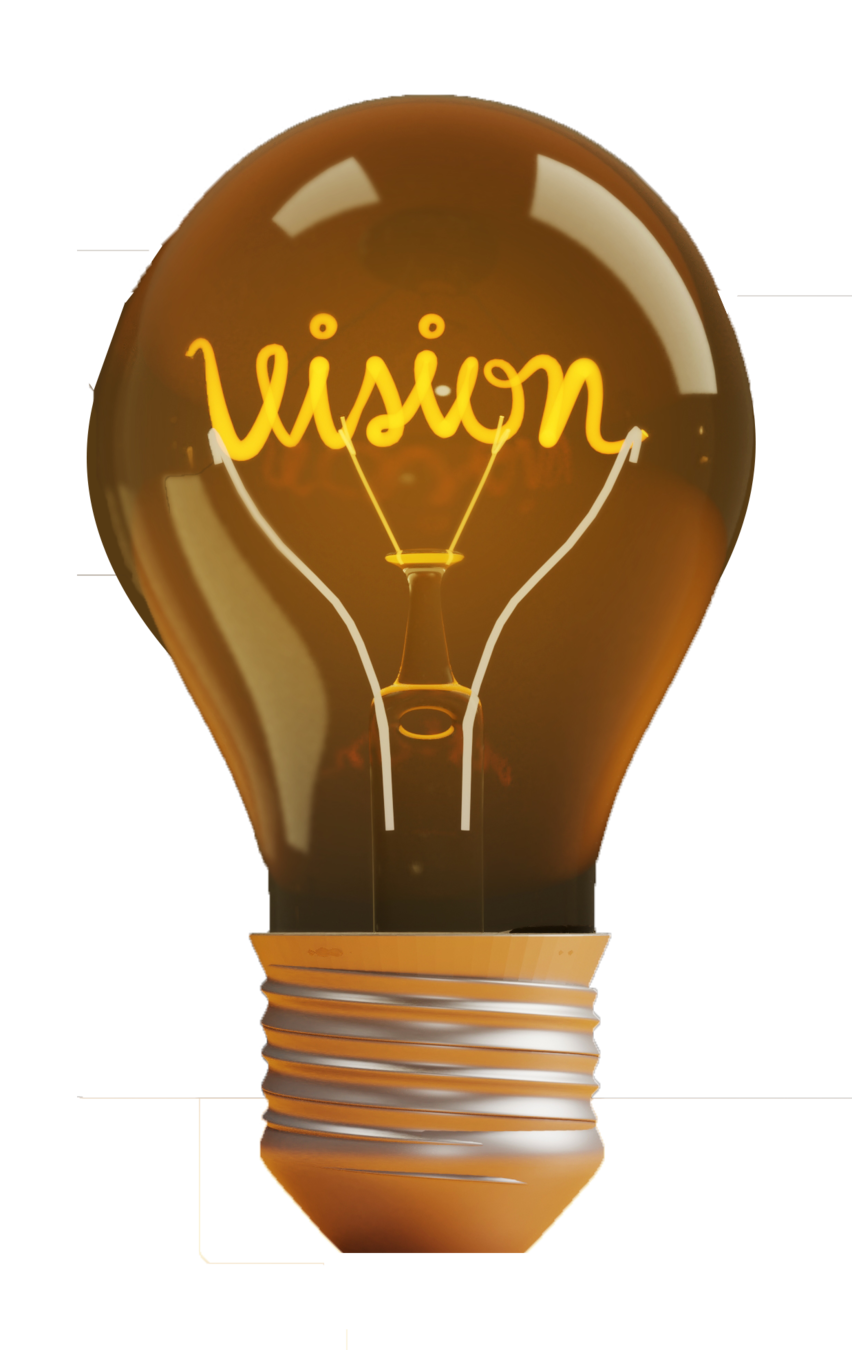
Advisory Committee Role
Help us (MAPC) ground truth/see information from the community perspective

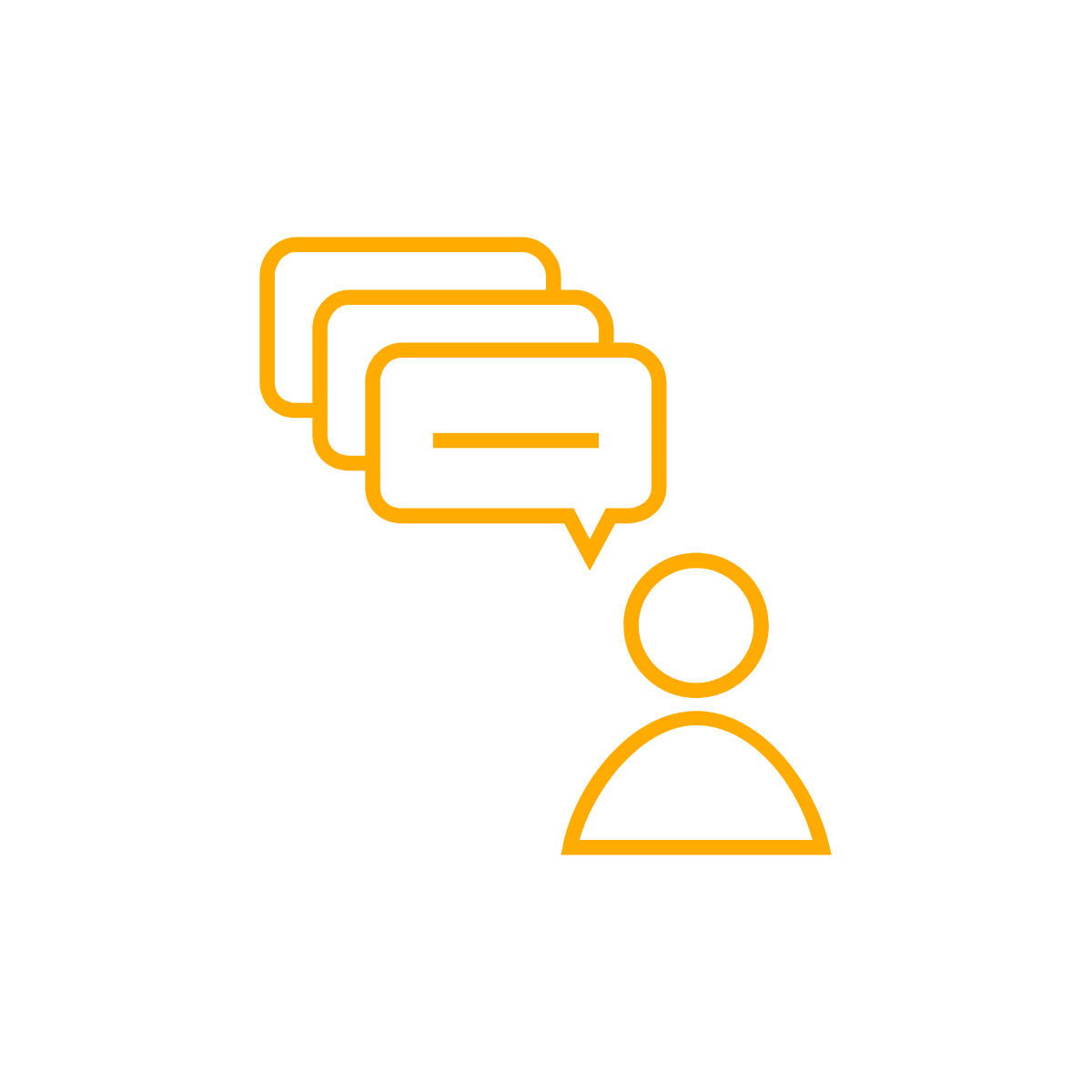


Provide feedback and response to proposed strategies
Assist in connecting with community members for the community needs assessment
Own this product
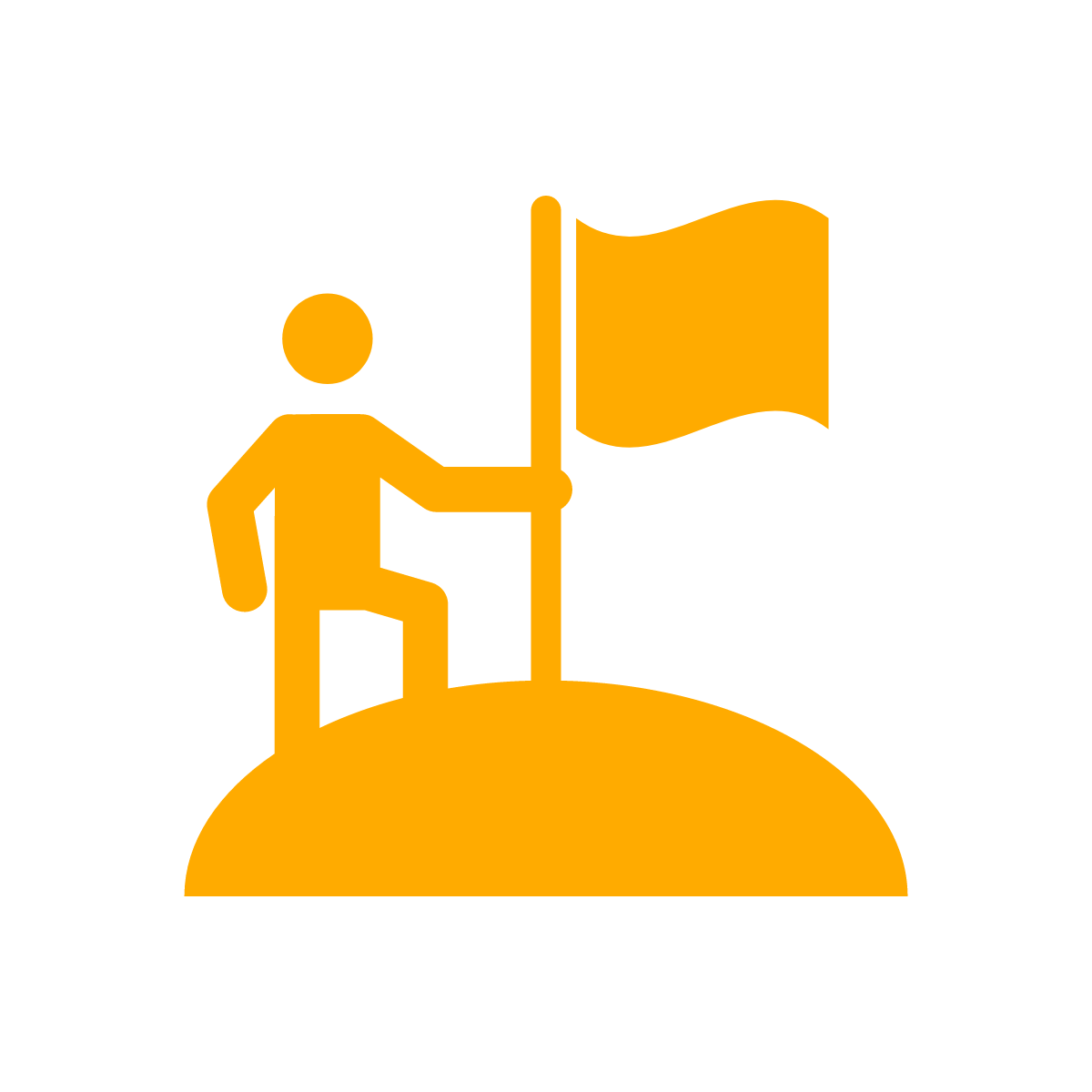
Who We Are
Metropolitan Area Planning
Council (MAPC)
-
Housing
-
Transportation
-
Climate Resilience and Clean Energy
-
Economic Development
-
Land Use
-
Municipal Government
-
Policy
-
Digital Access


Digital Divide in the
Pandemic and Beyond



- School / Education
- Work
- Healthcare
- Workforce Training
- Access to Social Assistance and Resources
- Economic Development
Need for Speed and Everett


Open Data Sources Indicate that Everett has slower median speeds than many communities in the region.
This finding is supported by anecdotal reports of slow or spotty service in the community.
What can the City and Partners do to address this issue?
Digital Access and Equity Planning
Three Determining Factors of Digital Access
An Adequate Device
Literacy
Connection


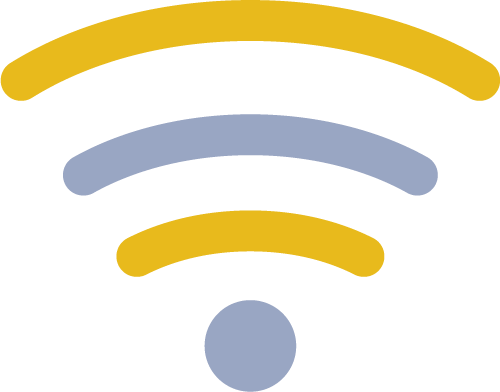

San Francisco
-
Bring free, high-speed Internet service to affordable housing residents throughout San Francisco.
- Launch digital literacy innovation programs to provide technology training and support in high-need communities.
- Support community-based organizations and residents with technology needs.



New York City
-
No one will face a barrier based on cost, who they are, or where they live.
-
100 Mbps Threshold for Speed
-
Increase competition among providers and diversity of technological solutions to sustain the other principles







Everett
The Development of an Everett Digital Access and Equity Plan will:

Advise Capital Investment
Inform Policy Decisions
Identify Program Needs
Phases of Work

- Evaluation of Current Internet Providers and Levels of Service
- Analysis of Community Access to Device and Internet
Phase 1A: Existing Conditions (Jan - March)
Phase 1B: Community Needs Assessment (March - April)
- Identification of Population Specific Challenges and Needs via Survey
- Analysis of Available Data from Everett School Department and City of Everett
-
Review of Existing Infrastructure in Everett
-
Assessment of Potential Technology Interventions
Phase 2: Infrastructure and Technology Evaluation (March - April)
- Synthesis of Earlier Phases of Work to Inform Policy, Program, and Capital Investments to Address Specific Barriers and Needs in Everett.
Phase 3: Plan and Program Development (May - June)
Journey Through the Internet






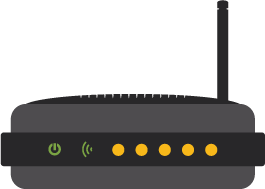






The Journey
We are going to focus elsewhere for now, but we'll revisit. This is a critical part of the internet.
There is a lot going on in here: devices, skills, wifi, etc.
What's going on when it leaves your house?
Let's oversimplify it!
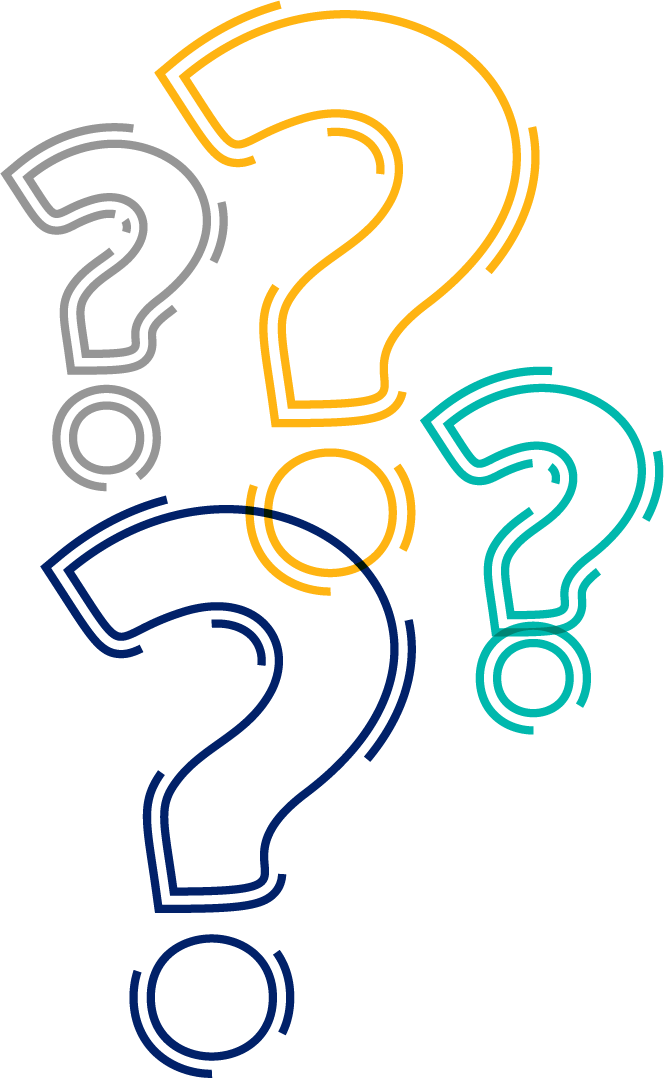


What's going on when it leaves your house?
Let's look local


































































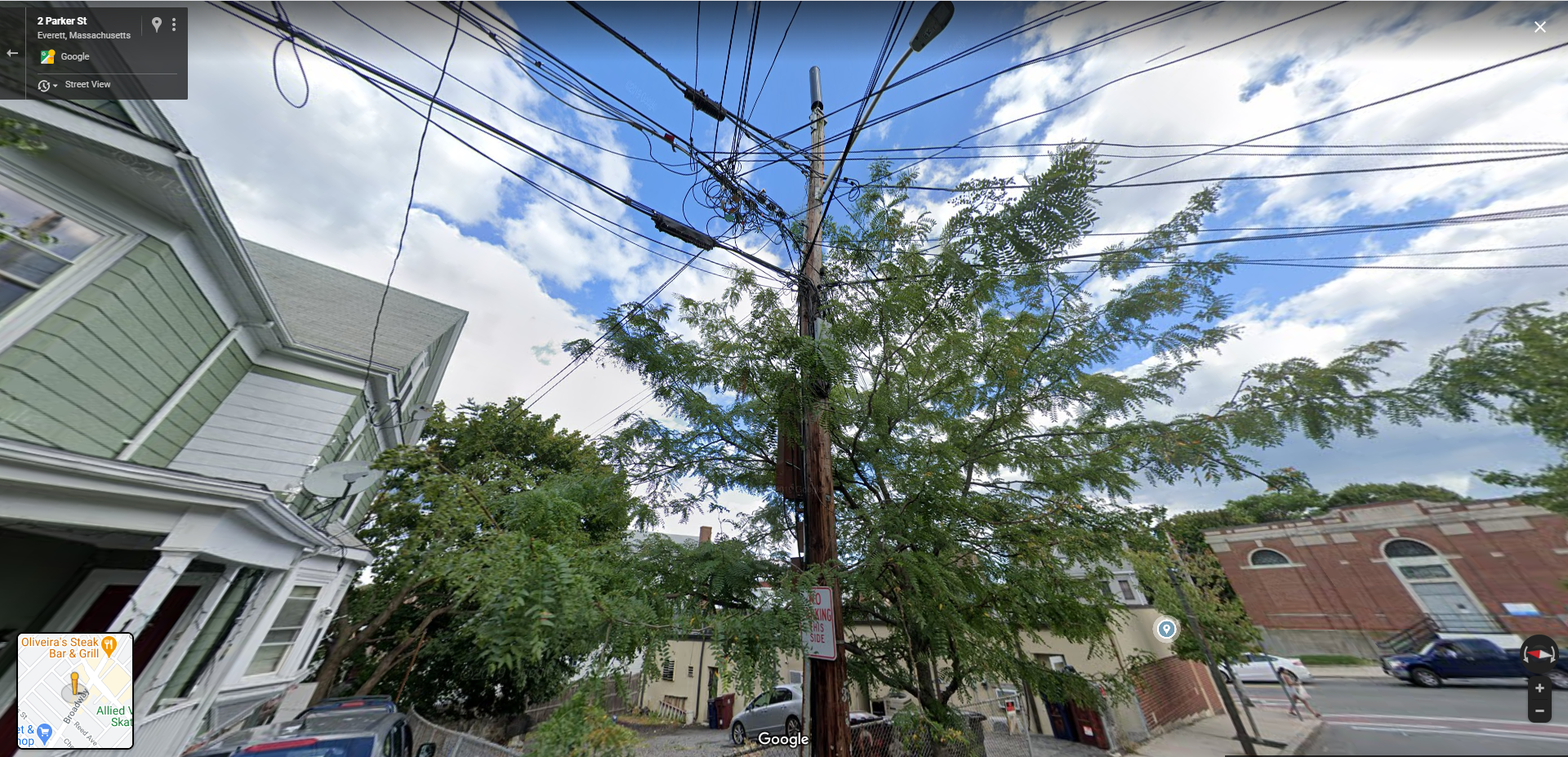





Cable & Fiber
Power!
Cell & 5G
Satellite

Street light
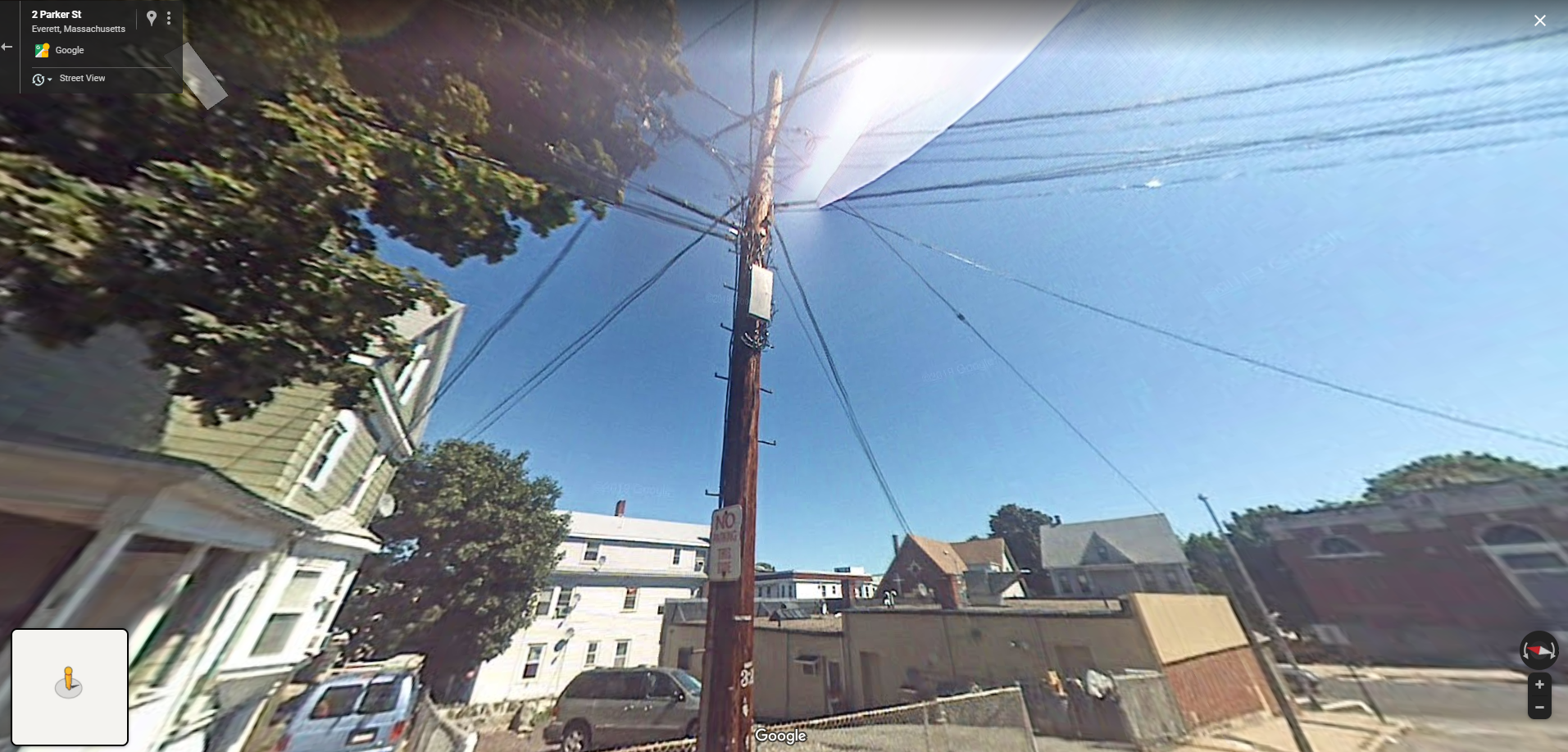
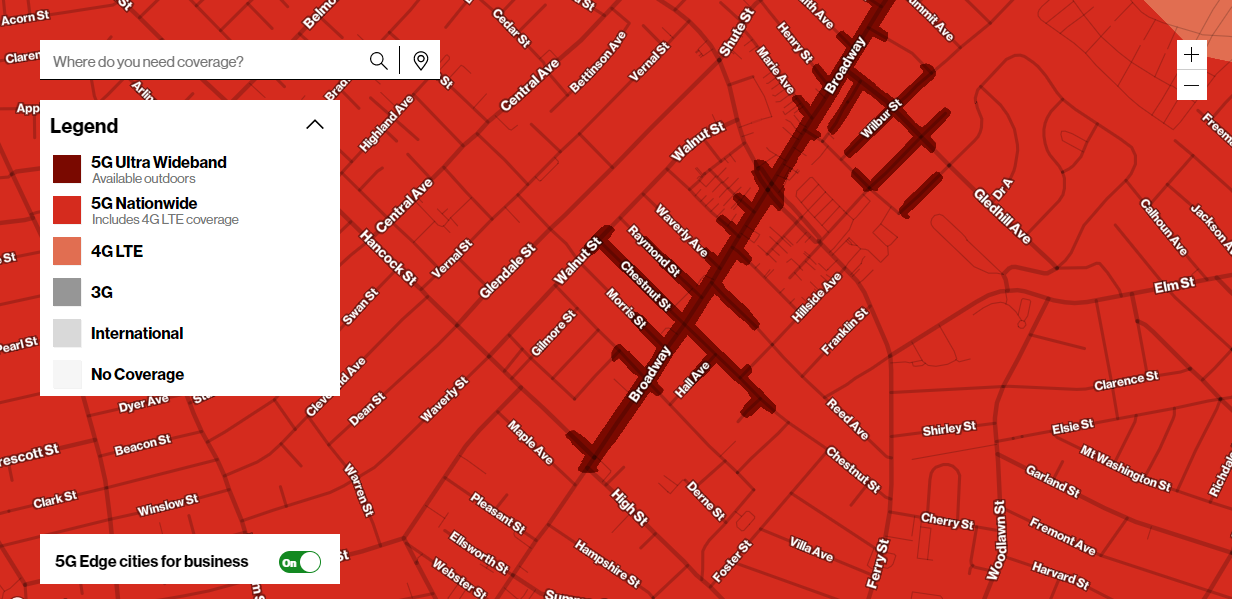


Cable: Widely available, slower than fiber leverages copper coaxial cables. Comcast uses a mix with fiber (hybrid fiber-coaxial)
Fiber: Fiber uses light signals to carry internet data. Limited availability, often higher speeds
DSL (Digital subscriber line): Leverages copper phone lines as well. High availability but slower speeds
Satellite: Ideal for rural areas and available throughout all 50 states sends and receives singnal through connecting to an orbiting satellite. slower speeds
Fixed wireless / 5G: Access Points affixed to locations like cell towers and on top of a buildings antenna array that are between the Distribution Point and the customer.
































Internet




Private network in public space for public good
When it comes to equitable access, the technology matters
Everett's Internet
Percent of Everett Households by Size
Source: US Census, 2010
Total Households in Everett = 15,816


- 25-50 Mbps: Light activity perfect for single users or couples
- 50-100 Mbps: Light to moderate activity for a small family
- 100-200 Mbps: Moderate activity for a family using multiple devices
- 200-500 Mbps: High demand activity to keep the whole family connected
- 500-1,000 Mbps: Unlimited data without interruptions for families and heavy users
Across the country, the median income for households with fiber available is 34 percent higher than in areas with DSL only: $60,969 compared to $45,500

Who Doesn't Have Access ?

Percent of Households without Internet Access

Percentage of Households without an Internet Subscription
15.8% of Everett households lack internet service.
38% of Everett households earning less than $20,000 per year lack internet service.
12% of Everett households rely on smartphones for internet service
One-third of the households with internet access do not have "broadband" speeds



Immediate Opportunities
- $50 subsidy for income-eligible families to purchase Comcast Internet Essentials.
- Up to $100 subsidy to purchase a laptop or tablet from provider.
- Program is expected to go into effect by the end of April 2021.
- More info can be found at:
MassHire Internet Connect Program
- Internet subsidy or hotspot for individuals using Career Center resources along with Chromebook
- Program is ongoing.
- More information can be found at:

Emergency Broadband Benefit Program
Identifying device and financial support needs can help ensure effective delivery

Medium-Term Opportunities
Mass Broadband Institute Gateway City WiFi Grant Program
- Up to $100,000 in grant funds to support new WiFi installations in Everett.
- Public Housing/Affordable Housing
- Downtown: Where else?
National Telecommunications and Information Administration Grant
- $300M Broadband Deployment Grant
- $285M Connecting Minority Communities Pilot Grant
- More info can be found at
Identifying partnerships can help ensure effective delivery

Long-Term Opportunities
Massachusetts IT Bond Bill
- Grants for planning and infrastructure
- $20 million budgeted (Doesn't necessarily mean that will be spent)
American Rescue Plan Package
- At least $510 million will be allocated to Massachusetts for economic recovery.
- Potential for follow up funding through the Accessible, Affordable Internet for All Act
Identifying where infrastructure is needed most can help ensure effective delivery
Our Goal for Community Engagement:
To understand the specific internet access needs of the Everett community and barriers or challenges impacting that ability to use the internet.
MAPC will work with community partners to identify the key functional needs of the internet in daily life, current ability to use the internet for those key functions.
Next Steps
Phase 1B: Community Needs Assessment (March - April)
- Identification of Population Specific Challenges and Needs via Survey and Engagement
- Analysis of Available Data from Everett School Department and City of Everett
-
Review of Existing Infrastructure in Everett
-
Assessment of Potential Technology Interventions
Phase 2: Infrastructure and Technology Evaluation (March - April)
Please reach out to Josh Eichen! jeichen@mapc.org
Copy of Everett Digital Access Working Group Presentation
By jeichen
Copy of Everett Digital Access Working Group Presentation
Presentation for Meeting 1 of the Everett Digital Access Working Group
- 620



